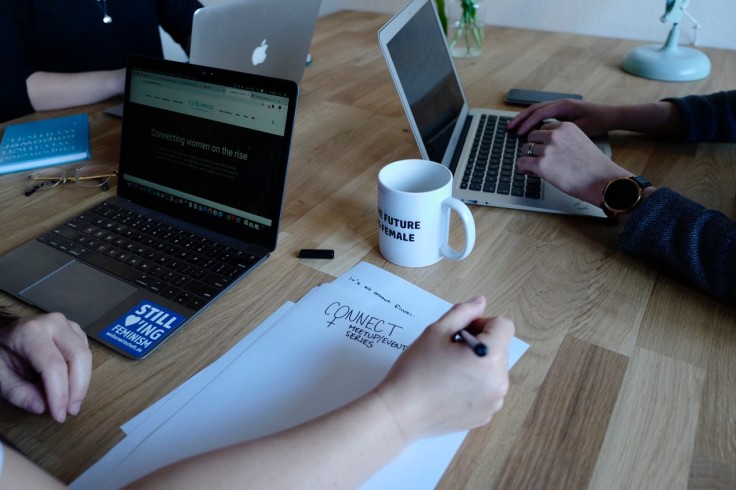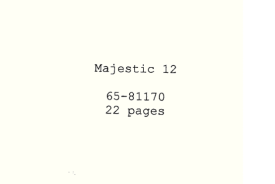
Many students go to lectures with a laptop. But are there times when using a notepad and a pen is better. Most people nowadays can type more quickly these days than they can write by hand, particularly if they have grown using laptops. This is, of course, a very useful skill and allows you to quickly and easily take copious notes.
It must certainly be a good thing, perhaps not. Students were given Ted talks to watch and were told to take notes in an experiment conducted by Pam Mueller at Princeton University published in 2014.
Half of them were given laptops and half took notes with a pen and paper. You would expect little change in the notes because these days students are so used to using a keyboard. In fact, it was there.
The students who used a keyboard were more likely to type the words of the lecturers verbatim, while the students who wrote more slowly by hand had no choice but to use the information to enable them.
The students were subsequently given some tricky intelligence tests to distract them, and then questioned about the lecture's content. When it came to remembering facts, it didn't matter which note-taking method they used, but the students who took notes by hand did better when asked to explain the concepts covered in the lecture.
Verbatim note-taking involves cognitive processing in a shallower form. You can even do it if you choose not to care about the stuff. But you are processing the data more thoroughly when using a pen and paper because you may not be able to write it all down. The other benefit of using a pen and paper is that you can quickly move around the page, circle, emphasize or add notes around the margins.
The team wondered if the problem was not using a laptop, but the fact that the students were taking verbatim notes. So they did a similar study next, but this time the students were warned not to take verbatim notes.
Despite the warning, the laptop-using students still took more verbatim notes when the notes were examined and were still unable to address the analytical questions than the people taking long-hand notes. Before being checked a week ago, when the students were allowed to update their notes, the pen-and-paper group did better.
The explanation is that, when listening, cognitively analyzing information more thoroughly helps you both understand it and then remember it. Even if you never again refer to your notes, it may be helpful to make them. The exception is that simple facts are learned. Then it can work fine to take notes on a laptop.
A 2019 Helsinki study where iPads were issued to medical students found that the electronic gadget was very helpful. Tablets gave them the flexibility to write non-linear notes and seemed to be particularly suitable for them as dental students, where visual images were significant.
Of course, if you can type quickly and want a transcript, then a laptop is ideal, but if your goal is to better understand the material and not just create a material record, then take notes by hand. And, of course, the main lesson of all this is to succinct your notes after comprehending them thoroughly.
© 2026 University Herald, All rights reserved. Do not reproduce without permission.








